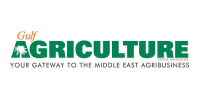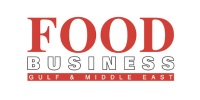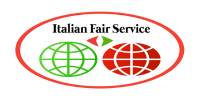19-21 NOVEMBER 2025
La Foire Internationale de Casablanca
Casablanca, Morocco
ABOUT Africa Food Show Morocco 2025
The Africa Food Show Morocco is part of a pan-African series of events dedicated to transforming the agri-food industry. With editions in Kenya, Côte d’Ivoire, and Morocco, the Africa Food Show has become a vital platform for connecting stakeholders across the food value chain. It brings together producers, buyers, and innovators from all over the world to explore opportunities, share insights, and drive growth in Africa’s food industry.
In its third edition, AFS Morocco has established itself as a premier event for agribusiness, recognized as an international hub for food trade and business. The show is known for fostering meaningful connections and partnerships that help exhibitors and attendees unlock new markets and boost their visibility in the global agri-food sector.
The event focuses on empowering Moroccan and African producers by showcasing innovations, promoting sustainable practices, and facilitating trade connections. From advanced farming technologies to food processing solutions.
What is your choice for the Africa Food Show Morocco 2025?
EXHIBIT
Gain new connections – emails, names, handshakes - potential clients and client inquiries, boosting your sales pipeline for the year.
EXHIBITING ENQUIRYVISIT
Connect, learn, collaborate and discover the inspiration to take on challenges and unlock new business opportunities.
VISITOR REGISTRATIONSPEAK
Position yourself as a thought-leader and keep your company’s profile at the front of the industry.
BECOME A SPEAKERPARTNER
Affiliate your brand to a global and world class event to ignite your brand visibility, earn repeat business and referrals to new clients.

































